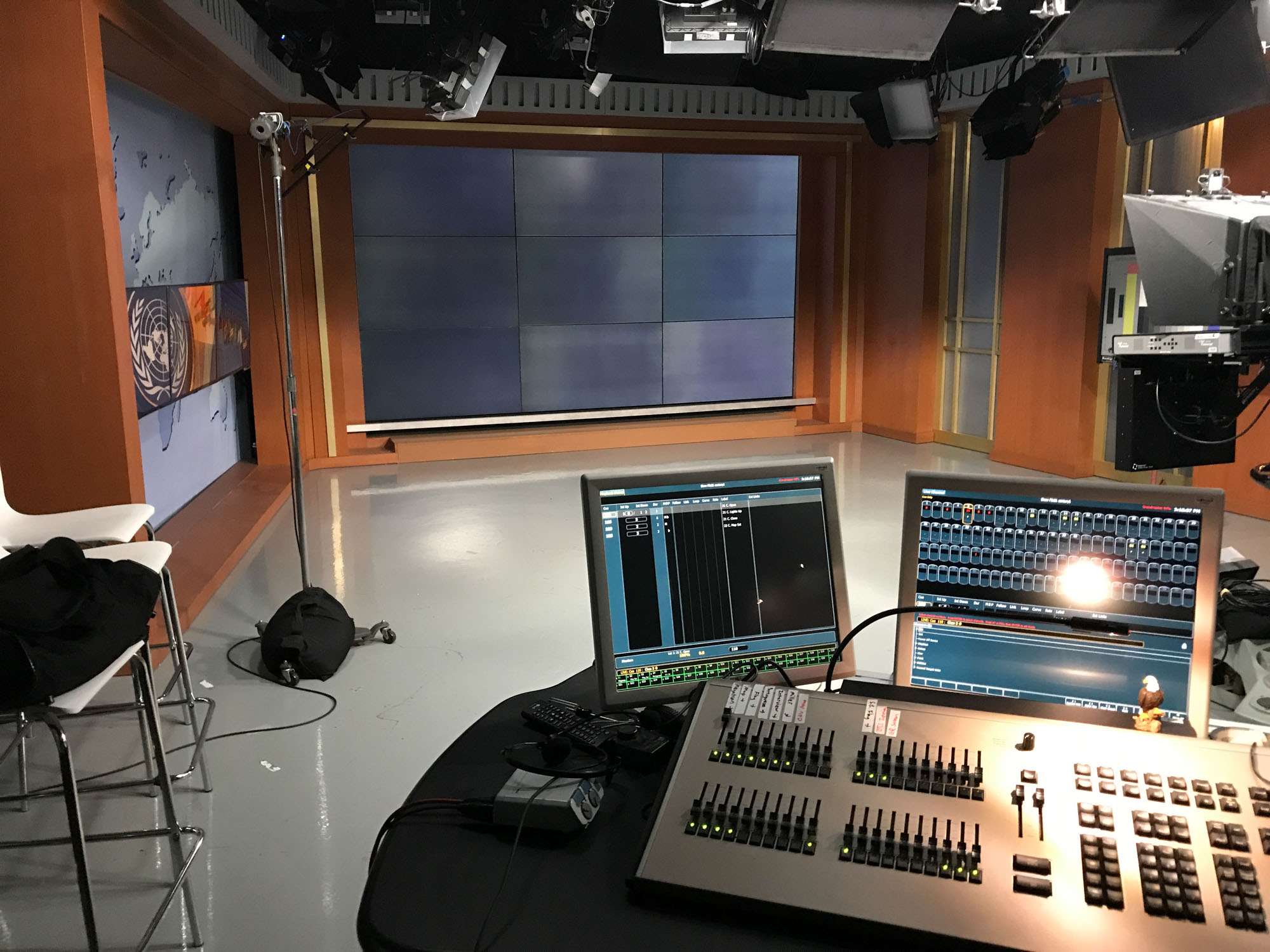TV News Anchors Go Braless, Igniting Controversy
In the world of media, there are numerous ways to grab attention, but few have made as bold a statement as Albanian TV station Zjarr. A few years ago, they ignited a debate that still continues to spark discussions today: the decision to feature braless news anchors.

This provocative move by Zjarr TV became a focal point of controversy, particularly in Albania, a conservative nation in the Balkans. The decision to dress news presenters in revealing outfits, often with no shirts underneath, was part of an effort to stand out in a competitive television landscape. The intention behind this choice was to draw attention to the station in a nation with a tumultuous history, marked by decades of censorship and political control under the regime of dictator Enver Hoxha, who ruled Albania from 1944 until his death in 1985.
The TV station’s owner, Ismet Drishti, defended the strategy as a way of combating the media manipulation that had plagued the country for years. “In Albania, where the news is often shaped by political powers, we needed a medium that would present the information as it is—naked,” Drishti said in a 2016 interview. He argued that their approach wasn’t about selling sex, but rather about transparency and delivering the news in an unvarnished manner.

This unconventional format proved to be a huge success in attracting viewers. With Zjarr TV presenting news in an audacious manner, the ratings soared, and the station became a hub for bold presentations. For a while, the owners even considered expanding the concept, potentially broadcasting news bulletins in French and English using a similar approach.
One of the standout stars to emerge from this unique style was Enki Bracaj, a 21-year-old presenter who quickly became a household name. Known for her revealing outfits and confident presentation, Bracaj’s rise to fame came fast. She recalled auditioning for the station while wearing an open blouse and recognized that standing out in the media required being different. “If I wanted to succeed, I needed to be brave and offer something new,” she said. Despite the criticism, Enki’s viewership numbers were a testament to the effectiveness of the station’s strategy.
However, her time at Zjarr TV was short-lived. Officially, Enki left due to dissatisfaction with her salary, but rumors circulated that her decision to accept a modeling job with Playboy was the real reason behind her departure. The idea of nudity was still a sensitive subject in Albania, where modesty is a cultural norm, especially within the Muslim population.
Following Enki’s exit, the station needed a new face to maintain the momentum. They found Greta Hoxhaj, another ambitious presenter who quickly embraced the station’s formula. Hoxhaj had spent years working at local TV stations before landing her job at Zjarr TV. Within just three months, she became a breakout star, largely due to her eye-catching wardrobe choices that mirrored her predecessor’s bold style.
Hoxhaj explained her approach by noting that her revealing attire was “only for television, for information.” In her daily life, she dressed similarly to other women her age, but once she arrived at the station, she transformed into her persona as a braless news anchor. She viewed her success as a reward for her hard work and dedication.
While the station gained notoriety, the move didn’t come without backlash. Critics argued that Zjarr TV’s presentation method objectified women and reinforced sexist stereotypes. Some commenters were appalled by the idea of using women’s bodies to grab attention, while others pointed out that such practices reflected broader issues in the media.
“Television should have better standards,” said one critic, calling for more professional presentation styles. However, not everyone agreed. Some viewers found nothing wrong with the approach, arguing that it kept them more engaged with the news. “It will make particularly men more attentive to the news,” one person wrote, noting that the station’s tactics kept their audience focused on the broadcast.
Interestingly, the response from feminist groups and journalists in Albania was somewhat muted. Many believed that the diversity of television choices allowed viewers to turn to other channels if they disapproved. “There’s freedom to change the channel,” said Leonard Olli, a journalist and PR specialist in Tirana.
Despite the ongoing criticism, Greta Hoxhaj remained unfazed. In interviews, she shared that she received plenty of positive attention, including frequent bouquets of flowers from fans and viewers who praised her work. “What matters to me is that I’m doing well and living a beautiful life,” Hoxhaj said. “The compliments and messages from viewers are truly wonderful.”
In the end, Zjarr TV’s approach left a lasting impact on the Albanian media landscape. Whether viewed as empowering or exploitative, the use of braless anchors to present the news was undeniably effective in generating buzz and maintaining a loyal audience. As Zjarr TV continues to thrive in an ever-evolving media environment, the debate over the role of sexuality in news broadcasting remains a significant and contentious issue.
